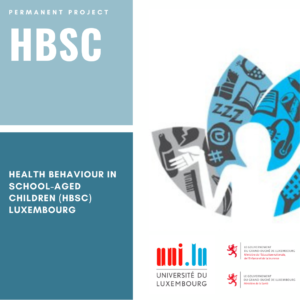Health Behaviour in School-aged Children (HBSC), a WHO collaborative cross-national study, has provided information about the health, well-being, social environment and health behaviour of 11-, 13- and 15-year-old boys and girls for over 30 years. This latest international report from the study presents findings from the 2013/2014 survey, which collected data from almost 220 000 young people in 42 countries in Europe and North America. The data focus on social context (relations with family, peers and school), health outcomes (subjective health, injuries, obesity and mental health), health behaviours (patterns of eating, toothbrushing and physical activity) and risk behaviours (use of tobacco, alcohol and cannabis, sexual behaviour, fighting and bullying) relevant to young people’s health and well-being. New items on family and peer support, migration, cyberbullying and serious injuries are also reflected in the report.
Growing up unequal: Gender and socioeconomic differences in young people’s health and well-being
Health Behaviour in School-aged Children (HBSC) study: International report from the 2013/2014 survey
Proposition de citation
Inchley, J., Currie, D., Young, T., Samdal, O., Torsheim, T [Torbjorn], Augustson, L., Mathison, F., Aleman-Diaz, A., Molcho, M., Weber, M. & Barnekow, V. (2016). Growing up unequal: Gender and socioeconomic differences in young people’s health and well-being: Health Behaviour in School-aged Children (HBSC) study: International report from the 2013/2014 survey (Health policy for children and adolescents Nr. 7). Copenhagen.



